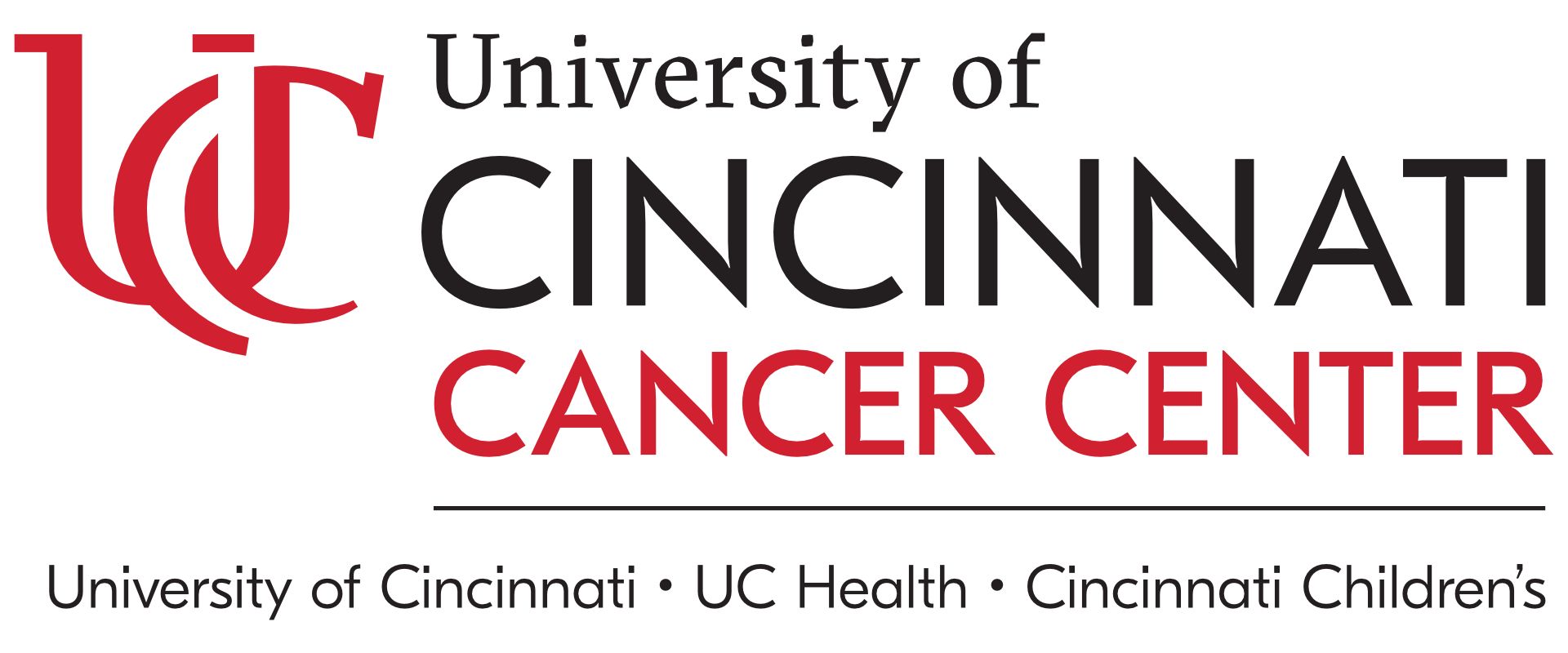
Dr. Herzog on the Use of HIPEC in Ovarian Cancer

Thomas Herzog, MD, professor of obstetrics and gynecology, deputy director, University of Cincinnati Cancer Institute, discusses the use of hyperthermic intraperitoneal chemotherapy (HIPEC) in ovarian cancer.
Thomas Herzog, MD, professor of obstetrics and gynecology, deputy director, University of Cincinnati Cancer Institute, discusses the use of hyperthermic intraperitoneal chemotherapy (HIPEC) in ovarian cancer.
In 2018, a trial was published in the New England Journal of Medicine on the use of HIPEC in patients with ovarian cancer by Willemien J. van Driel, MD, PhD. The trial boasted an approximate 1-year overall survival advantage by giving neoadjuvant carboplatin and paclitaxel, and cytoreductive surgery with or without HIPEC at a single dose of 100 mg/m2 with cisplatin. Patients had slightly less than a 4-month advantage in progression-free survival, and immature data showed an approximatel 1 year improvement. Additionally, the toxicity profile was much less than what has been traditionally observed.
The data from this trial, explained Herzog, contradicts the data that was reported at the 2017 ASCO Annual Meeting, which showed no advantage with HIPEC and more toxicity. Physicians need more randomized data in this area to understand HIPEC’s role in ovarian cancer, states Herzog.




































